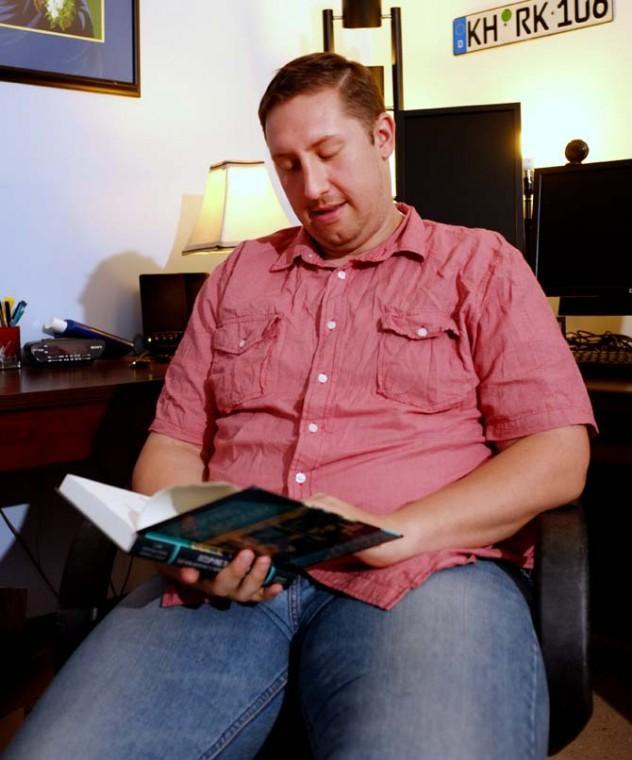A University professor’s new book suggests higher education’s commitment to diversity has not changed in the way diversity scholars anticipated after President Barack Obama was elected four years ago.
“We assembled leading scholars in the field … to write about their experiences with higher education diversity in the Obama-era,” said Kenneth Fasching-Varner, an elementary education assistant professor at the University.
Varner said his book “Occupying the Academy: Just How Important Is Diversity Work in Higher Education?” plays on the “occupy” concept created by the Occupy Wall Street movement in order to not only present the challenges of diversity work at universities, but also to challenge readers to find solutions to those challenges.
“We didn’t want people to say, ‘Oh, my institution’s great,’ or, ‘My institution’s bad,’ – what we wanted people to do was say, ‘This is the reality I work in, and how can that help us?’” Varner said when explaining why pseudonyms were used.
Christine Clark, founding vice president for diversity and inclusion at the University of Nevada, Las Vegas; Mark Brimhall-Vargas, associate director of the Office of Diversity Education and Compliance at the University of Maryland, College Park; and other diversity scholars joined Varner in writing the book.
Marco J. Barker, assistant to the vice provost and director of Educational Equity for the Office of Equity, Diversity and Community Outreach (EDCO), and Katrice A. Albert, vice provost for EDCO Office of Academic Affairs, contributed a case analysis of diversity issues in higher education.
Barker said that determining if everyone’s opinion was acknowledged was an aspect of that chapter.
“In order to make places more inclusive, we have to hear the stories of those who are on the margins,” said Barker, who says the diverse programs and organizations at the University are meant to provide that opportunity for students.
He also said his peers at other institutions have said diversity programs often experience budget cuts first. To financially provide resources to support a university’s commitment to diversity, Barker said diversity offices must become budget-savvy.
“When it’s time to set priorities, it’s very important to maintain the academic core of the institution, so we have to have classes, we have to have professors and so … it’s a no-brainer that we want to maintain classes. And so in doing that you have to sacrifice something,” Barker said.
According to the University’s 2010-2011 Annual Diversity Report, 75 percent of the University’s EDCO unit’s expenditures were for salaries, 7 percent were for graduate students and about 6 percent were for operations.
This year, expenditures for salaries dropped to 67 percent, graduate student expenditures increased to 9 percent and operations remained at 6 percent.
“There are so many philosophical dilemmas that play out when you’re doing diversity work,” Barker said. “And so when you’re thinking about the budget, it’s not just as simple as we’re going to do this program because the program will make people feel good, but it’s really thinking about what’s happening with the racial and gender identity.”
Today’s students are the most politically correct of any generation because they worry about offending people, Varner said. However, he also said that educators must encourage students to challenge their experiences and ideas by having open dialogue with others to understand their differences.
“We’re fortunate at LSU because we have an administration that’s committed to diversity — it’s part of our flagship agenda. But even when people are committed to it, it’s still hard to live out every day,” he said.







